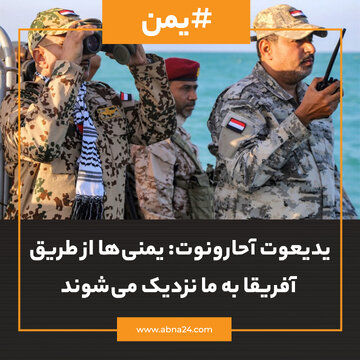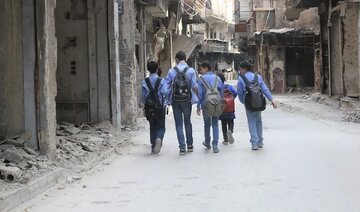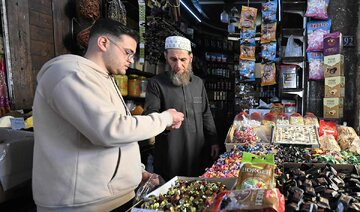به گزارش خبرگزاری اهل بیت(ع) ـ ابنا ـ در پی درگذشت حجت الاسلام و المسلمین دکتر «محمدناصر سقای بیریا»، رییس شورای عالی مجمع جهانی اهل بیت(ع) و مدیرعامل بنیاد بین المللی عاشوراء پیام تسلیت صادر کرد.
متن پیام آیت الله محمدحسن اختری به شرح زیر است:
بسم الله الرحمن الرحیم
درگذشت روحانی فرهیخته و دانشمند انقلابی، جناب حجتالاسلام والمسلمین دکتر «محمدناصر سقای بیریا» باعث تأسف و تأثر گردید.
آن فقید سعید که از محضر بزرگان حوزه علمیه قم بهره برده بود، تبلیغ دینی و کار فرهنگی دینی را از سالهای قبل از انقلاب آغاز کرد و با سخنرانی در شهرهای مختلف و نیز تدریس در دبیرستانها، نسل جوان را با مباحث اعتقادی آشنا نمود.
وی پس از پیروزی انقلاب اسلامی علاوه بر تدرّس، تدریس و تألیف در زمینه های فقه، فلسفه، اقتصاد، جامعه شناسی، روانشناسی و دیگر علوم انسانی، افتخار حضور در جبهههای نبرد حق علیه باطل را نیز داشت.
بیش از ده سال مدیریت «مرکز تعلیمات اسلامی شهر هیوستون» آمریکا، امامت جمعه شیعیان آن شهر، ایجاد تشکل علماء در شمال آمریکا و تأسیس کنگره مسلمانان این کشور با صبغه انقلابی، بخشی از فعالیت های بین المللی ایشان بود.
مرحوم استاد سقای بیریا همچنین به مدت چند سال به عنوان عضو «شورای کتاب مجمع جهانی اهل بیت(ع)» به روند نشر و ترویج معارف قرآن و عترت به زبان های مختلف در جهان کمک کرد.
این فقدان زودهنگام را به خاندان محترم، ارادتمندان، دوستان، همکاران و شاگردان ایشان تسلیت عرض میکنم و از درگاه الهی برای وی رحمت و رضوان و برای بازماندگان صبر و سلوان مسألت دارم.
و إنا لله وإنا إلیه راجعون
محمدحسن اختری
رییس شورای عالی مجمع جهانی اهل بیت(ع)
و مدیرعامل بنیاد بین المللی عاشوراء
..............................
پایان پیام/ 167






نظر شما